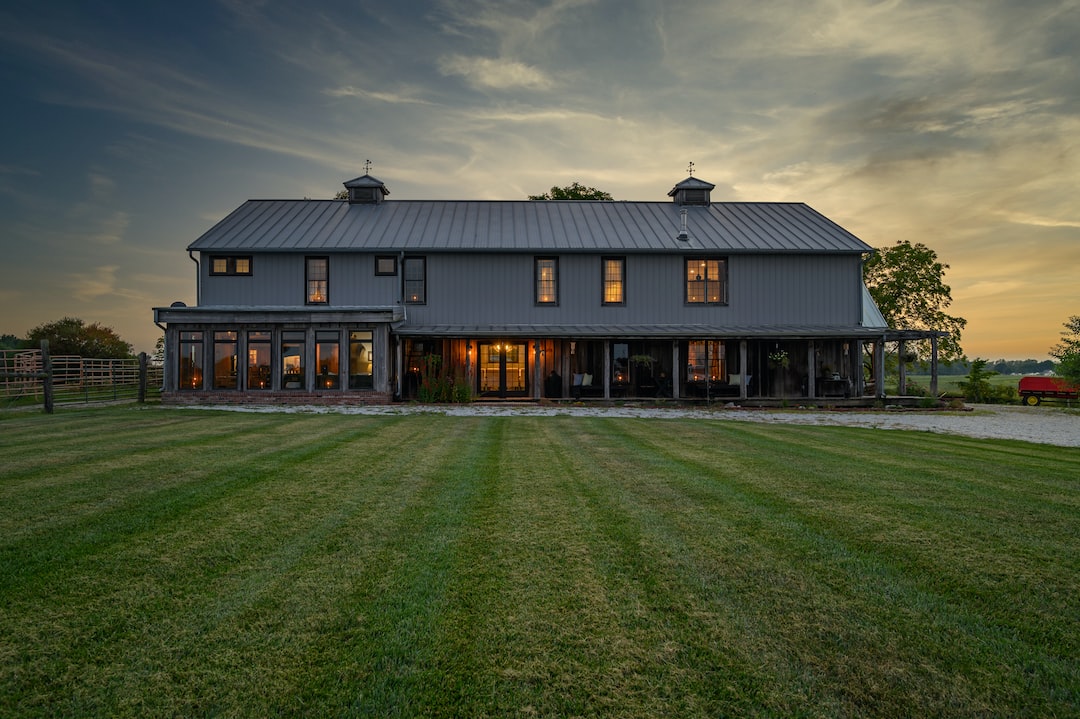The Future of Smart Homes: What to Expect
The continuous advancement of technology has revolutionized several aspects of our lives, and one area that has seen significant progress is home automation. Smart homes, once considered a luxury, are becoming more mainstream and affordable for the average homeowner. The future of smart homes holds even more promise, as emerging technologies continue to pave the way for advanced automation and connectivity. In this blog post, we will explore what to expect from the future of smart homes.
1. Increased Connectivity:
As the Internet of Things (IoT) becomes more prevalent, smart homes will witness increased connectivity. IoT refers to the interconnection of devices, allowing them to communicate and share data with each other. In the future, we can expect even more devices to be interconnected within smart homes, creating a seamless, integrated experience. From refrigerators that automatically order groceries to security systems that notify your phone when a break-in is detected, the possibilities are endless.
2. Voice Control:
Voice control technology has already gained popularity through virtual assistants like Amazon’s Alexa and Google Assistant. In the future, we can expect voice control to become even more integrated into smart home systems. You’ll be able to control everything from lights to thermostats with simple voice commands, making daily tasks even more efficient and convenient.
3. Energy Efficiency:
With increasing concerns about climate change and rising energy costs, energy efficiency will play a significant role in the future of smart homes. Smart thermostats are already being widely used to optimize energy consumption by adjusting temperature settings based on occupancy and behavior patterns. In the future, smart homes will take energy efficiency to the next level. For instance, appliances could automatically adjust their power consumption during peak times or when renewable energy sources are more abundant, reducing both energy bills and carbon footprints.
4. Enhanced Security:
Home security systems have come a long way, thanks to smart home technologies. With the future of smart homes, expect enhanced security features that provide homeowners with peace of mind. Surveillance cameras will not only capture video but also use facial recognition to identify individuals, keeping track of who enters and leaves your home. Access control systems will become more sophisticated, with biometric scans and personalized recognition to ensure maximum security.
5. Personalization:
Smart homes of the future will be tailored to individual preferences and needs. Imagine waking up to a home that adjusts lighting and temperature based on your ideal settings, plays your favorite music, and even brews your morning coffee. Thanks to advances in artificial intelligence and machine learning, smart home systems will learn your habits and adapt accordingly, creating a personalized and comfortable living environment.
6. Health Monitoring:
Another significant development in the future of smart homes will be health monitoring. Devices integrated into smart homes will be capable of analyzing health data and identifying potential issues. For example, a bathroom mirror could analyze your skin quality and alert you to potential health concerns. Smart mattresses and wearable devices could monitor your sleep patterns and provide recommendations for improving sleep quality.
7. Sustainability:
As sustainability becomes an increasing concern, expect smart homes to play a vital role in promoting eco-friendly living. Solar panels, already utilized by some homeowners, will become more integrated with smart home systems, maximizing the use of renewable energy. Smart irrigation systems will optimize water usage in gardens, while smart lighting will automatically adjust based on natural sunlight and occupancy.
In conclusion, the future of smart homes is exciting and holds immense potential. Increased connectivity, voice control, energy efficiency, enhanced security, personalization, health monitoring, and sustainability are just a few of the advancements we can expect. As the world continues to embrace technology, smart homes will become the norm rather than the exception, transforming our daily lives and improving comfort, efficiency, and overall well-being.
